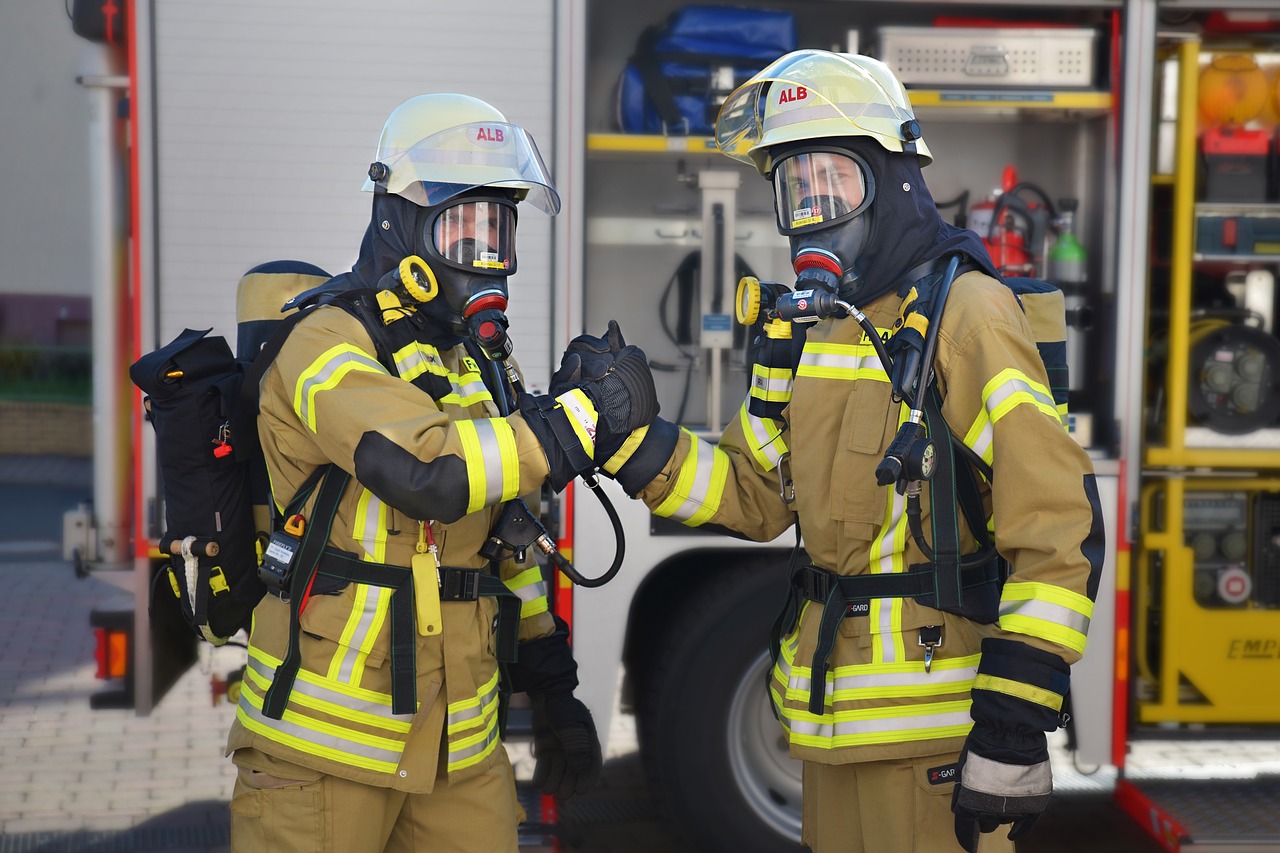It’s crucial to explore the effectiveness of mentorship programs in nurturing emerging leaders within volunteer fire departments. These dedicated individuals play a vital role in ensuring the safety and well-being of their communities. By understanding the impact of mentorship on leadership development, we can better equip these unsung heroes to excel in their roles and uphold the mission of serving and protecting others. Let’s research into the significance of mentorship programs and how they can shape the future of volunteer fire departments.
Building the Framework for Effective Mentorship
Defining the Objectives of Mentorship in Fire Service
The mentorship programs in volunteer fire departments are designed to cultivate emerging leaders by providing guidance, support, and knowledge transfer from experienced members. The primary objective is to foster professional and personal growth, enhance leadership skills, and ensure the continuity of knowledge within the organization.
Identifying Qualities of Good Mentors and Mentees
Identifying the right mentors and mentees is crucial for the success of a mentorship program in the fire service. Good mentors possess strong communication skills, empathy, patience, and a willingness to share their expertise. On the other hand, good mentees should demonstrate eagerness to learn, openness to feedback, and a proactive approach to personal development.
Defining clear expectations and roles for both mentors and mentees is vital to establish a successful mentorship program. Mentors should be respected individuals within the department with a proven track record of leadership and knowledge in firefighting. Mentees, on the other hand, should be motivated individuals willing to invest time and effort in their development.
Implementation Strategies for Mentorship Programs
Program Structure and Guidelines
With the implementation of mentorship programs in volunteer fire departments, it is crucial to establish a clear program structure and guidelines. These should outline the goals of the mentorship program, the roles and responsibilities of both mentors and mentees, the expected time commitment, and the communication channels to be used.
Recruitment and Training of Mentors
To ensure the success of mentorship programs, careful attention must be paid to the recruitment and training of mentors. Mentors should be selected based on their experience, leadership skills, and ability to provide guidance and support to mentees. Training should be provided to mentors on effective mentoring techniques, communication skills, and how to navigate any challenges that may arise during the mentorship relationship.
The recruitment process can involve inviting experienced firefighters who have shown leadership qualities and a willingness to support others in their development. Training sessions can cover topics such as active listening, giving constructive feedback, and fostering a positive learning environment for mentees.
Measuring the Impact of Mentorship
Evaluating Leadership Development
One of the critical aspects of measuring the impact of mentorship programs in developing emerging leaders in volunteer fire departments is evaluating the effectiveness of leadership development. By assessing how much the mentees have learned, grown, and applied those learnings in practical scenarios, we can gauge the success of the mentorship program in nurturing the next generation of leaders.
Long-Term Benefits for Volunteer Fire Departments
The long-term benefits of mentorship programs for volunteer fire departments are invaluable. Mentored individuals are more likely to stay committed to the department, become future mentors themselves, and contribute positively to the overall organizational culture. This ripple effect enhances the knowledge transfer and succession planning within the department, ensuring a continuous cycle of growth and development.
This leads to a more sustainable and resilient volunteer fire department that can effectively respond to emergencies and serve the community with a high level of professionalism and proficiency. Mentorship programs act as a cornerstone for building a strong foundation of leadership that is imperative for the long-term success of volunteer fire departments.
Challenges and Considerations
Overcoming Obstacles in Program Adoption
Program adoption in volunteer fire departments can face challenges such as skepticism towards mentorship programs, lack of resources, and resistance to change. Overcoming these obstacles requires effective communication about the benefits of mentorship, securing necessary funding and support, and providing training to both mentors and mentees to ensure the program’s success.
Sustaining Mentorship Initiatives
On the journey to sustaining mentorship initiatives in volunteer fire departments, key considerations include mentor-mentee matching, continual program evaluation, and adapting to the evolving needs of the organization. Ensuring ongoing engagement and commitment from both mentors and mentees is vital for the long-term success of the mentorship program.
Understanding the unique challenges and considerations in adopting and sustaining mentorship programs in volunteer fire departments is crucial for developing emerging leaders and fostering a strong sense of community within the organization. By addressing these challenges and implementing effective strategies, volunteer fire departments can cultivate a supportive environment that nurtures the growth and development of their members.
Conclusion
So, mentorship programs play a crucial role in developing emerging leaders in volunteer fire departments. By pairing experienced leaders with aspiring individuals, these programs provide valuable guidance, support, and opportunities for growth. Mentorship fosters leadership skills, builds confidence, and creates a sense of community within the department. As volunteer fire departments continue to face challenges in recruiting and retaining members, mentorship programs offer a sustainable solution for developing a new generation of leaders who are well-equipped to navigate the complexities of the firefighting profession.


